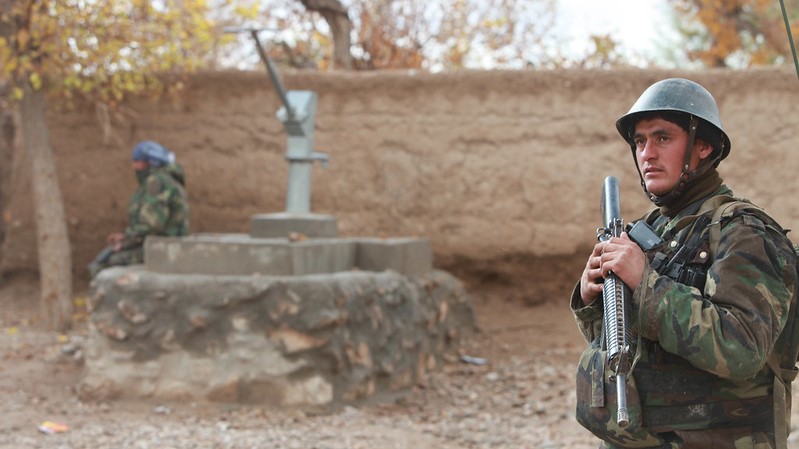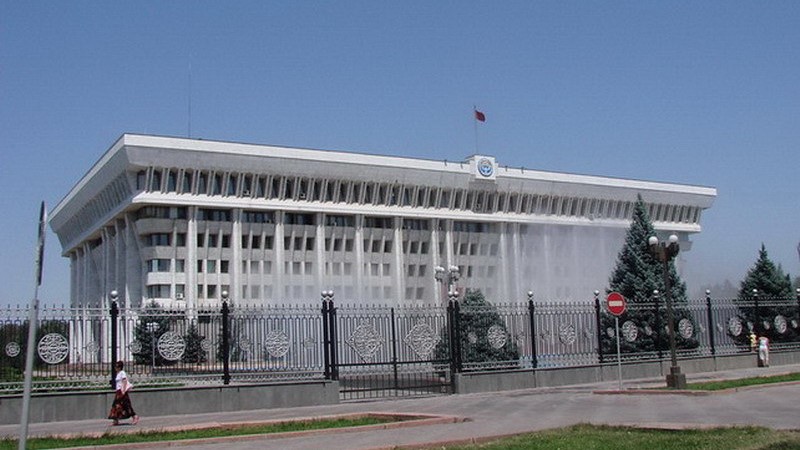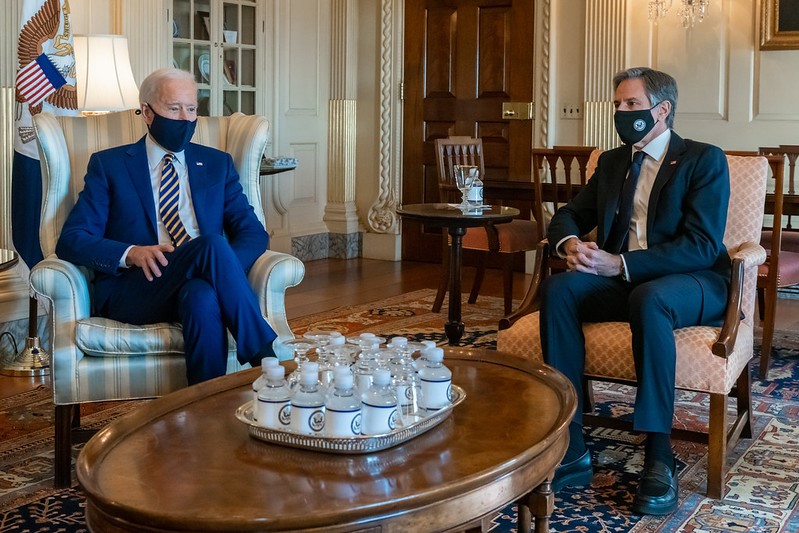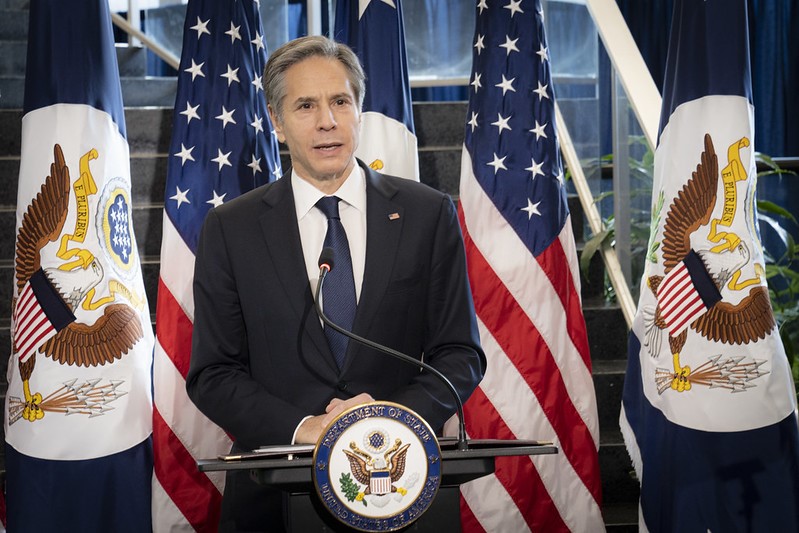Can Pakistan Offer the U.S. Military Bases to Target Islamic State in Afghanistan?
By Umair Jamal
September 20, 2021, the CACI Analyst
After the withdrawal of international troops from Afghanistan, U.S. intelligence agencies are seeking ways to maintain its intelligence-gathering and counterterrorism presence in the region. One of few options is Pakistan, which has previously provided U.S. intelligence agencies with bases for counterterrorism operations in Afghanistan and beyond. After the recent attack by Islamic State Khorasan Province (ISKP) at Kabul Airport that killed scores of U.S. soldiers and Taliban fighters, Pakistan may open its airspace for U.S. counterterrorism operations against ISKP in Afghanistan. However, for any such deal to become possible, Pakistan would want the U.S. to only target the ISKP after getting the nod from the Taliban – Islamabad’s longtime allies and the new rulers of Afghanistan.

U.S. out, Taliban in: Central Asia Facing New Challenges from Afghanistan
By Farkhod Tolipov
August 20, 2021, the CACI Analyst
In April 2021, Washington began the long-awaited withdrawal of its military forces from Afghanistan, a process that is expected to be completed by September this year. This is being done in the wake of an agreement between the U.S. and the Taliban as a condition for reaching peace in Afghanistan. However, the “victorious” Taliban began a sudden offensive in some northern provinces bordering Uzbekistan and Tajikistan. The Afghan military surprisingly retreated instead of resisting the insurgents. Some even crossed the Afghan border with Uzbekistan and Tajikistan. As the Taliban have swiftly moved to take control of most Afghanistan, including Kabul, Central Asia is facing strategic uncertainty.

Explaining the Kyrgyz-Tajik Border Clash: Hypotheses in Search of Corroboration
By Richard Weitz
July 14, 2021, the CACI Analyst
A century ago, the Italian author Luigi Pirandello wrote a three-act play entitled “Six Characters in Search of an Author,” which explored the difficulty of differentiating between illusion and reality. The analyst of the recent border clash between Kyrgyzstan and Tajikistan faces the same challenge. The event, which saw the most serious fighting between independent Central Asian republics, offers several plausible explanations with divergent policy implications.

What the Biden Administration Can and Should do in the South Caucasus
By Stephen Blank
February 8, 2021, the CACI Analyst
The advent of the Biden Administration provides an opportunity to give the South Caucasus the importance it deserves in U.S. foreign policy. The recent war over Nagorno-Karabakh has underlined the region’s geostrategic importance, whereas the institutionalization of a Russo-Turkish rivalry/condominium raises the real possibility that another clash could trigger a confrontation between these two powers, one of whom is a NATO ally, as well as their proxies. Simultaneously, Georgia suffers from a drawn-out political conflict among the leading political parties. In this context, the new Administration and its allies in Europe should act to improve the West’s position in the South Caucasus.

U.S. Policy Toward Azerbaijan in the Biden Administration
By Fariz Ismailzade
January 29, 2021, the CACI Analyst
Over the past 30 years, Azerbaijan and the United States have developed a strategic partnership based on common interests and values. This partnership includes area of cooperation such as energy security, counter-terrorism, joint economic opportunities, and trade, political and humanitarian efforts. Clinton and Bush administrations have pursued a bipartisan policy of deepening engagement with Azerbaijani to increase US national interests in the Caspian region.



